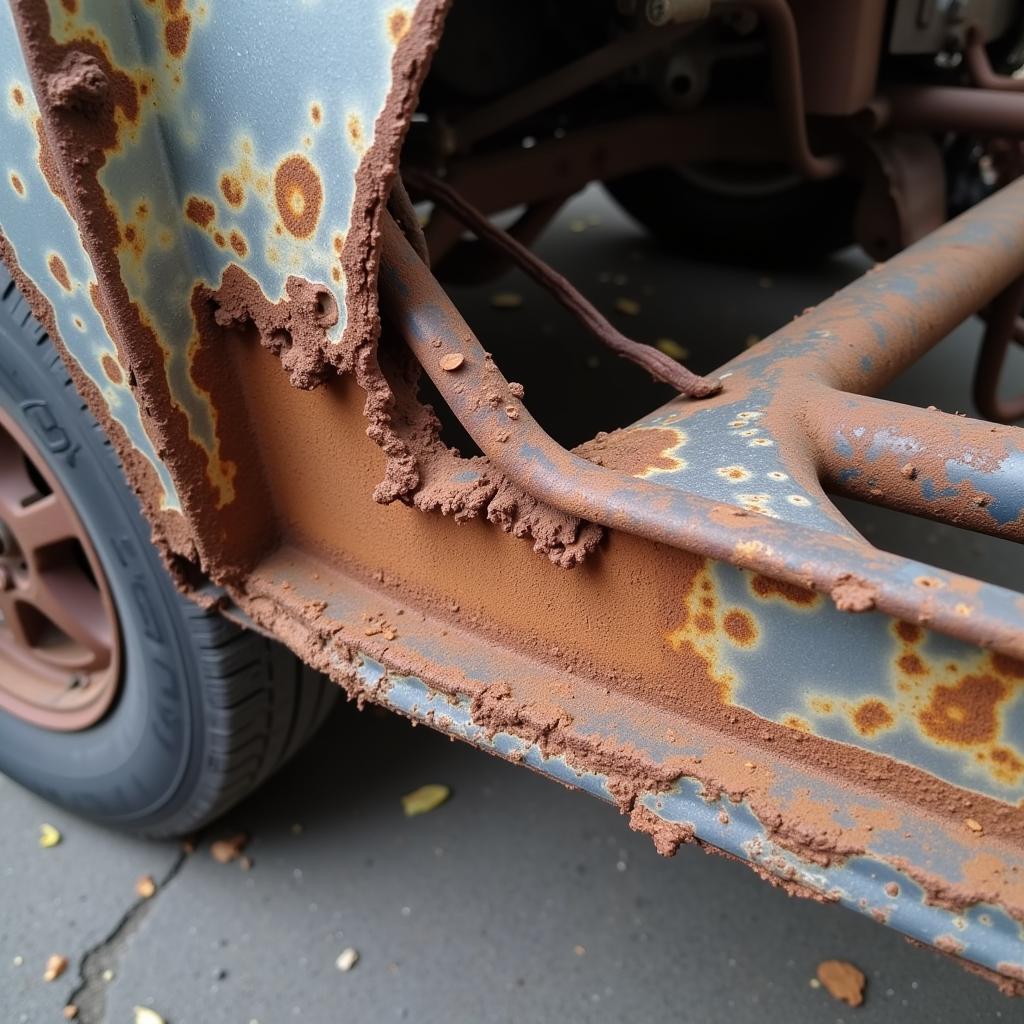Can an urgent care fix an abscess in arm? An arm abscess, a painful pocket of pus, can be a worrying experience. Many wonder if a trip to urgent care is the right solution. This article explores when urgent care is appropriate for an arm abscess and what you can expect from the treatment process.
Understanding Arm Abscesses
An abscess forms when bacteria invade the body, usually through a break in the skin. The body’s immune system responds by sending white blood cells to fight the infection. This creates pus, which collects in a cavity, forming the abscess. Arm abscesses can result from infected hair follicles, minor cuts, or even insect bites. Symptoms include localized pain, swelling, redness, and warmth to the touch.
When to Seek Urgent Care for an Arm Abscess
While minor abscesses can sometimes resolve on their own, others require medical intervention. So, can an urgent care fix an abscess in arm? In many cases, yes. Urgent care is a suitable option for abscesses that are small to medium-sized, not accompanied by a high fever or significant spreading infection, and are causing manageable pain.
What to Expect at Urgent Care: Diagnosis and Treatment
At urgent care, a physician will examine the abscess and determine the best course of action. They may ask about your medical history and the abscess’s development. Diagnosis typically involves a physical examination. In some cases, further tests like blood work or ultrasound might be necessary. Treatment typically involves incision and drainage, a procedure where the abscess is opened to allow the pus to drain.
Incision and Drainage: The Procedure
During incision and drainage, the area around the abscess is numbed with a local anesthetic. A small incision is made in the abscess to allow the pus to drain. The wound may be packed with gauze to absorb any remaining pus and promote healing.
Aftercare Instructions for an Arm Abscess
After the procedure, the physician will provide aftercare instructions, including how to keep the wound clean, how to change the dressing, and signs of infection to watch for. They may also prescribe antibiotics to prevent the infection from recurring.
When is an Arm Abscess Considered an Emergency?
While urgent care can handle many abscess cases, some situations require emergency room attention. These include abscesses accompanied by a high fever, significant spreading infection (indicated by red streaks extending from the abscess), severe pain, or difficulty moving the arm. Diabetics and individuals with compromised immune systems should also seek immediate medical attention for any abscess.
Expert Insights on Arm Abscess Treatment
Dr. Emily Carter, a board-certified infectious disease specialist, emphasizes, “Early treatment of an abscess is crucial to prevent complications. Don’t hesitate to seek medical care if you suspect you have an abscess.”
Adding to this, Dr. James Miller, a board-certified emergency medicine physician, states, “While urgent care is often appropriate for abscesses, it’s essential to recognize when the situation warrants emergency care. If you experience high fever or spreading redness, seek immediate medical attention.”
Conclusion
Can an urgent care fix an abscess in arm? Yes, in many cases. Urgent care offers a convenient and effective option for treating many arm abscesses. However, it’s crucial to understand when a trip to the emergency room is necessary. Prompt and appropriate treatment is vital for preventing complications and ensuring a full recovery. For any concerns or if you need further assistance, please connect with us at AutoTipPro. Call us at +1 (641) 206-8880 or visit our office at 500 N St Mary’s St, San Antonio, TX 78205, United States.
FAQ
- How long does it take for an arm abscess to heal after drainage?
- What are the potential complications of an untreated arm abscess?
- Can I treat an arm abscess at home?
- What type of antibiotics are typically prescribed for an arm abscess?
- When should I follow up with a doctor after having an arm abscess drained?
- Are there ways to prevent arm abscesses?
- Is it normal to experience some pain after the abscess has been drained?





Leave a Reply